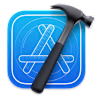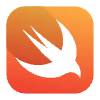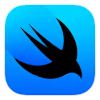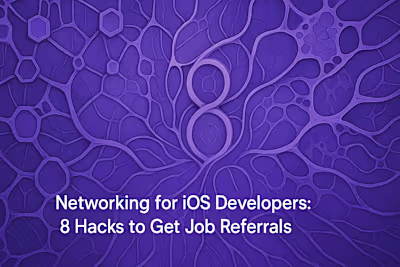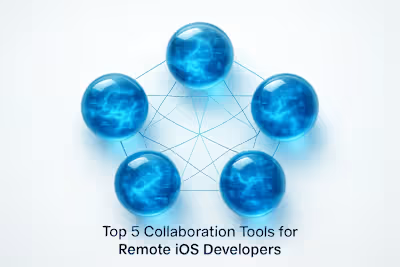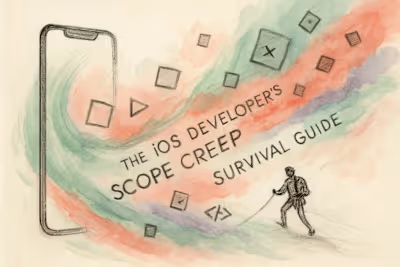Freelance vs. Full-Time iOS Developer: Which Path Is Right for You in 2025?
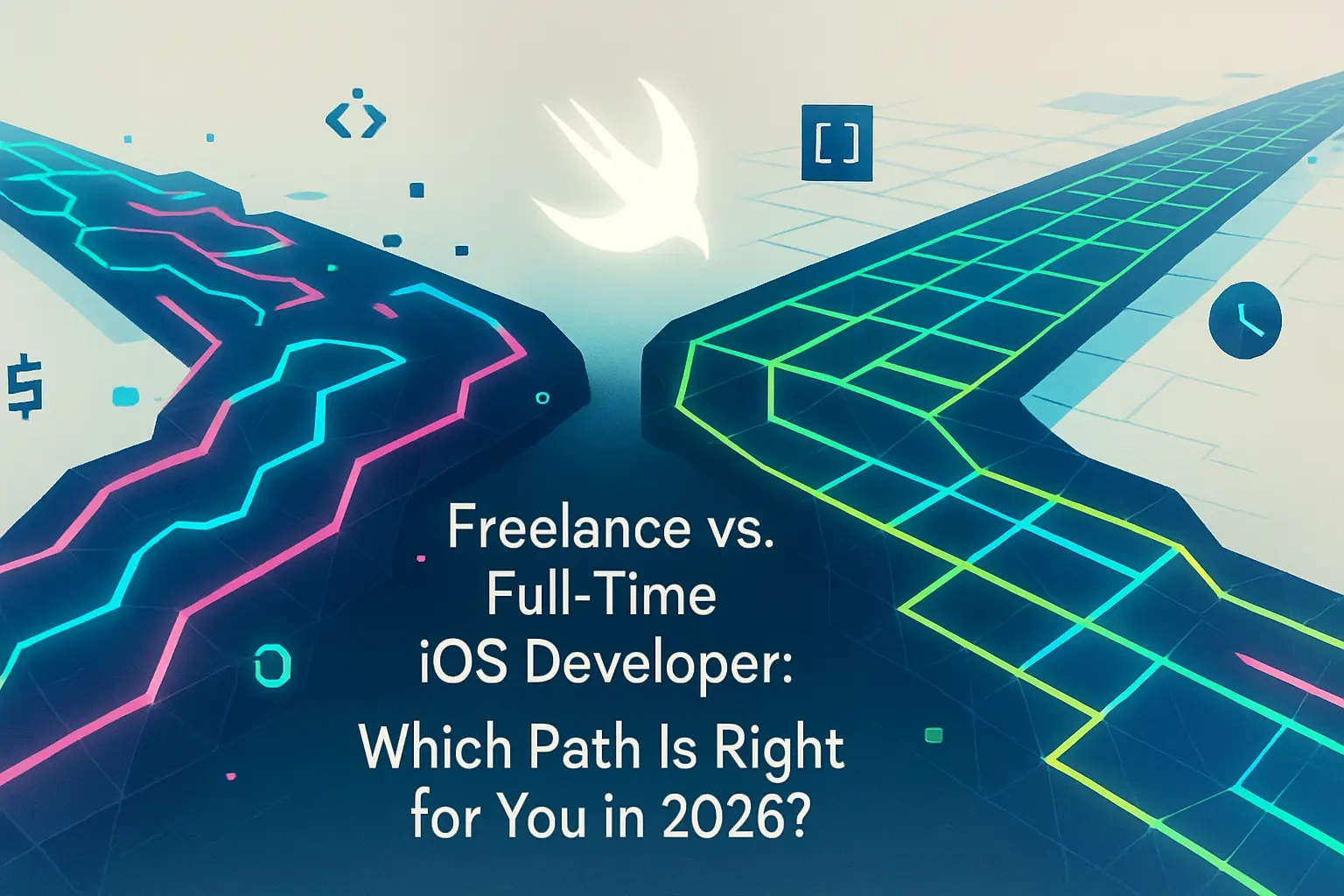
Freelance vs. Full-Time iOS Developer: Which Path Is Right for You in 2025?
The Freelance Path: The Entrepreneurial Developer
Pro: Unmatched Flexibility and Autonomy
Pro: Higher Earning Potential
Con: Income Instability and No Benefits
Con: The Burden of Being a Business Owner
The Full-Time Path: The Integrated Team Player
Pro: Stability and Predictable Income
Pro: Comprehensive Benefits and Career Growth
Con: Less Flexibility and Control
Con: Potentially Slower Skill Diversification
Head-to-Head Comparison: A Quick-Glance Table
Income
Work-Life Balance
Job Security
Project Variety
Administrative Work
How to Choose Your Path
Assess Your Risk Tolerance
Consider Your Career Goals
The Hybrid Approach: The Best of Both Worlds?
Making Your Decision
References
Freelance vs. Full-Time iOS Developer: Which Path Is Right for You in 2025?
The Freelance Path: The Entrepreneurial Developer
Pro: Unmatched Flexibility and Autonomy
Pro: Higher Earning Potential
Con: Income Instability and No Benefits
Con: The Burden of Being a Business Owner
The Full-Time Path: The Integrated Team Player
Pro: Stability and Predictable Income
Pro: Comprehensive Benefits and Career Growth
Con: Less Flexibility and Control
Con: Potentially Slower Skill Diversification
Head-to-Head Comparison: A Quick-Glance Table
Income
Work-Life Balance
Job Security
Project Variety
Administrative Work
How to Choose Your Path
Assess Your Risk Tolerance
Consider Your Career Goals
The Hybrid Approach: The Best of Both Worlds?
Making Your Decision
References
Posted Jul 6, 2025
Choosing between freelance and full-time iOS development? This guide breaks down the pros and cons of each path, from salary and flexibility to stability and growth.

